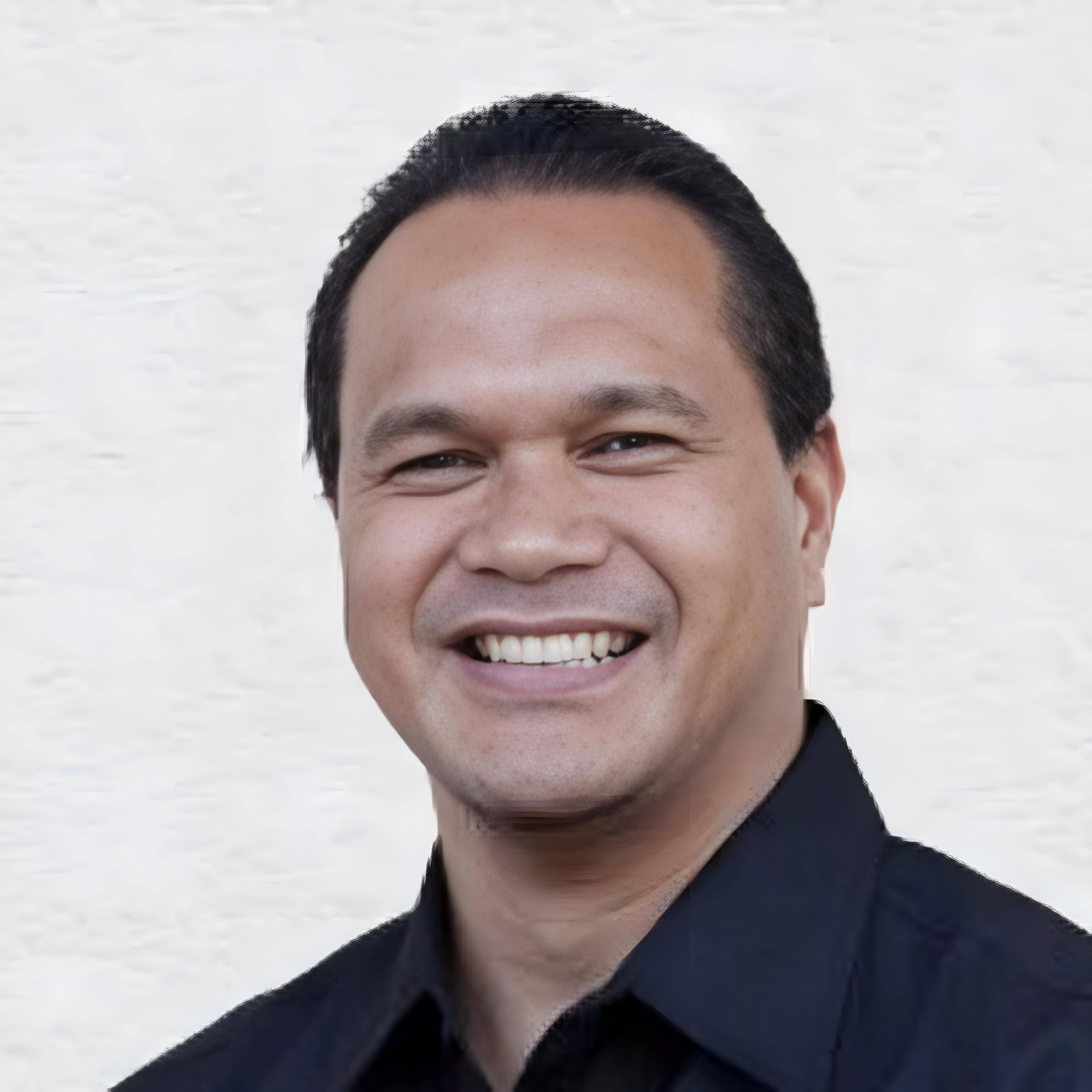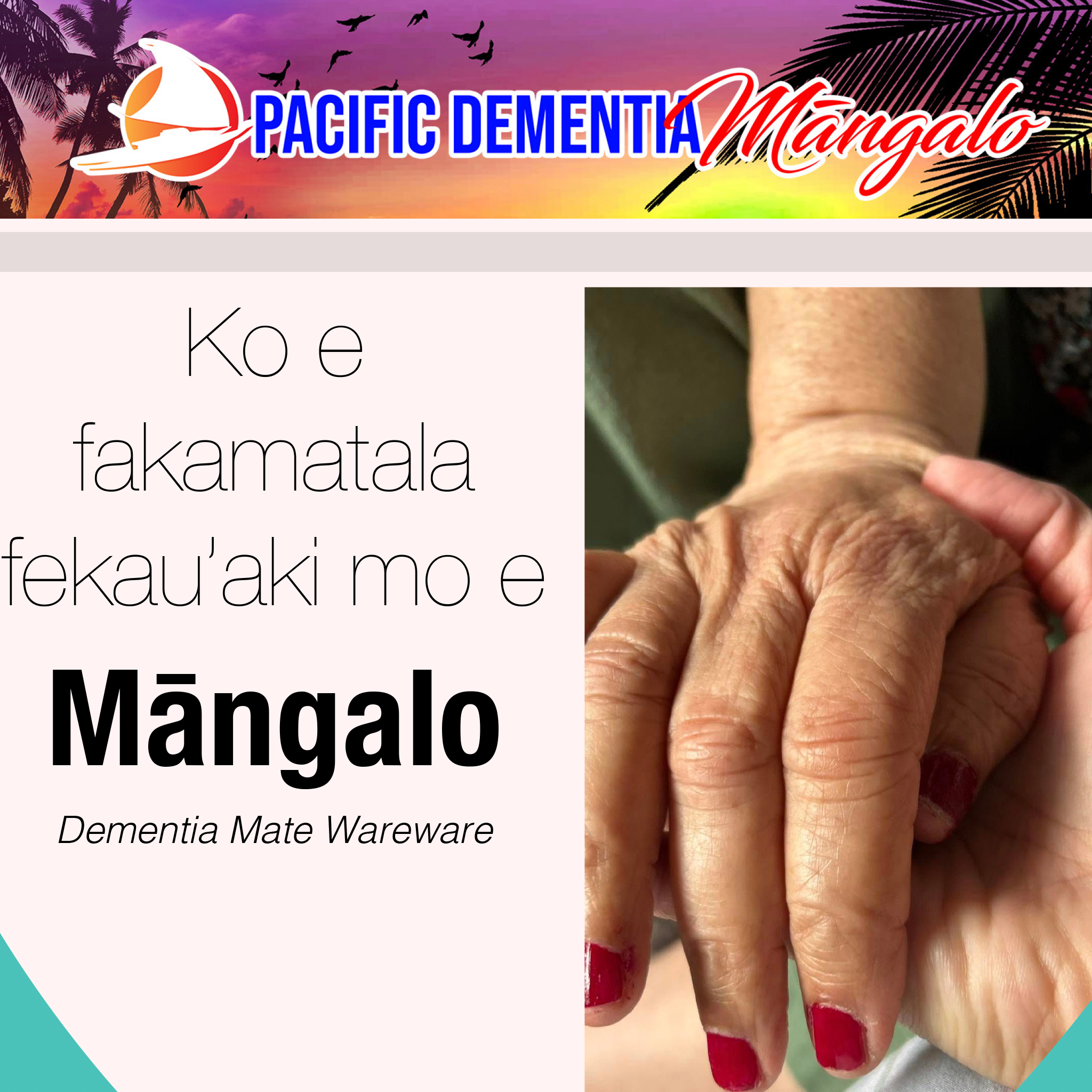The Tongan health leaders have been considering an appropriate Tongan term for dementia mate wareware which captures the (i) loss of cognitive functions and (ii) declining memory. We need a Tongan term that resonates and encapsulates the full meaning of dementia.
The appropriate Tongan terminology is critical for effective talanoa and providing the right term is just as important as the actual post-diagnostic support services because it carries meaning and mana for those experiencing dementia. A request was made by ATHWA, the Tongan clinicians and community leaders to our
Tongan language experts to provide a more relevant term that can describe the full meaning of dementia. It must also be culturally appropriate in order to maintain the dignity of those with dementia.
Professor Tevita Kaili, a leading Tongan indigenous academic, from Brigham Young University in Hawai’i, provided the most appropriate term “Māngalo” which means: “To have almost disappeared (for example, of a boat in the distance moving further and further away); to be nearly out of sight or memory”
Ends
The Māngalo & Ūloa Connection
The Tongan term Māngalo has a direct connection to the Ūloa Model because both concepts originate from communal activities in the moana (ocean). The moana is the lifegiving force-field that sustains our people to journey over vast distances. The strong Vā (relationship) between the two concepts makes them the most appropriate tools for supporting our most vulnerable people.
Māngalo represents the person with dementia and their journey through the vast ocean of the mind, while slowly fading into its distant horizon. The Ūloa provides a beacon of hope by uniting the famili, community and carers to help the Māngalo person live well with dementia.
The connectivity and relationship between the Tongan concept of dementia (Māngalo) and the model of practice (Ūloa) increases the effectiveness of the service interventions.

Professor Tevita Ka’ili.

